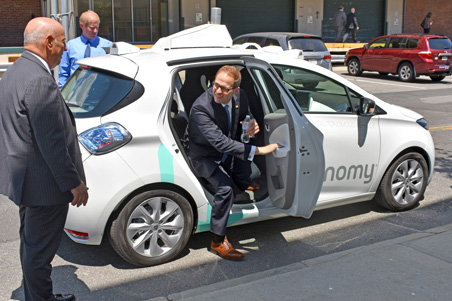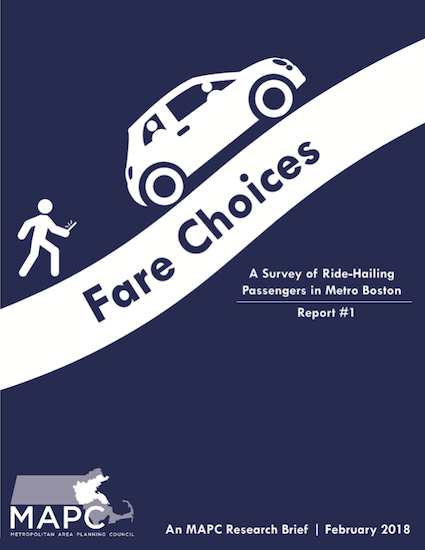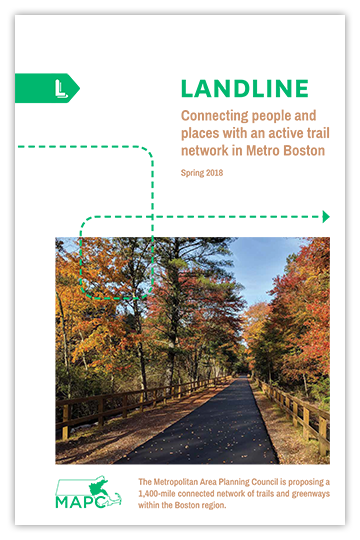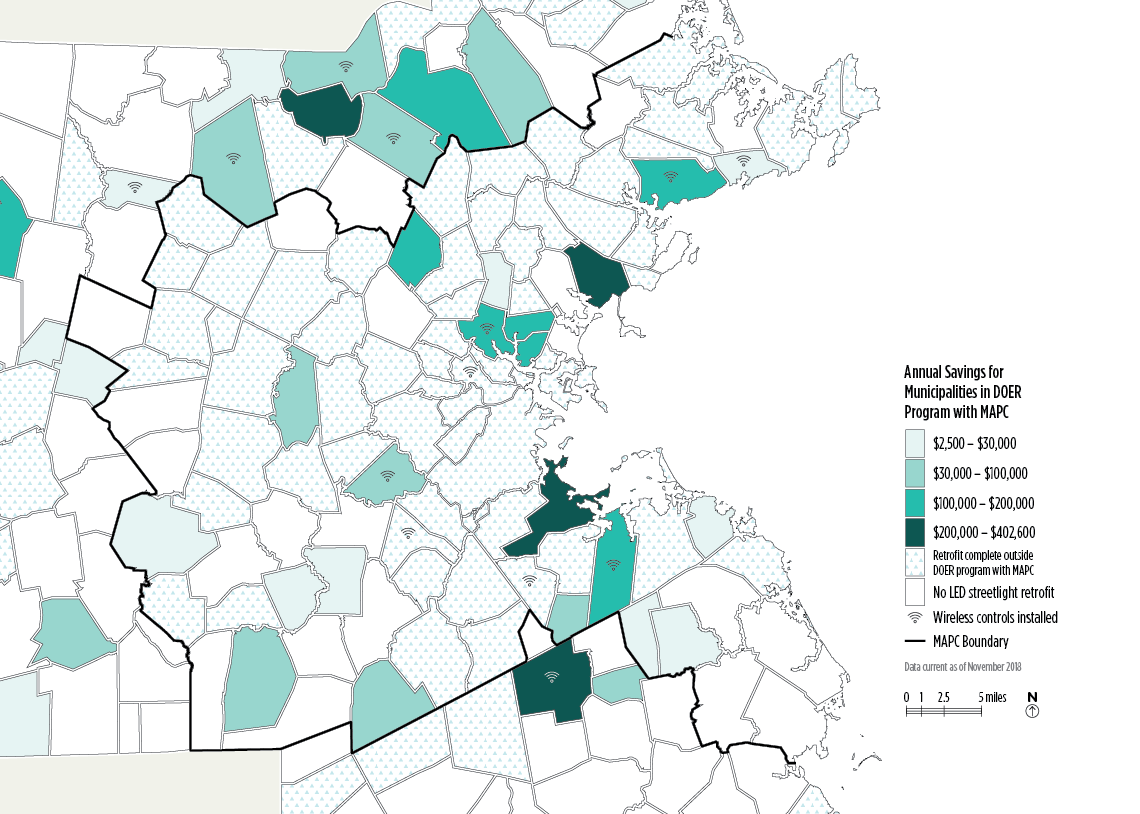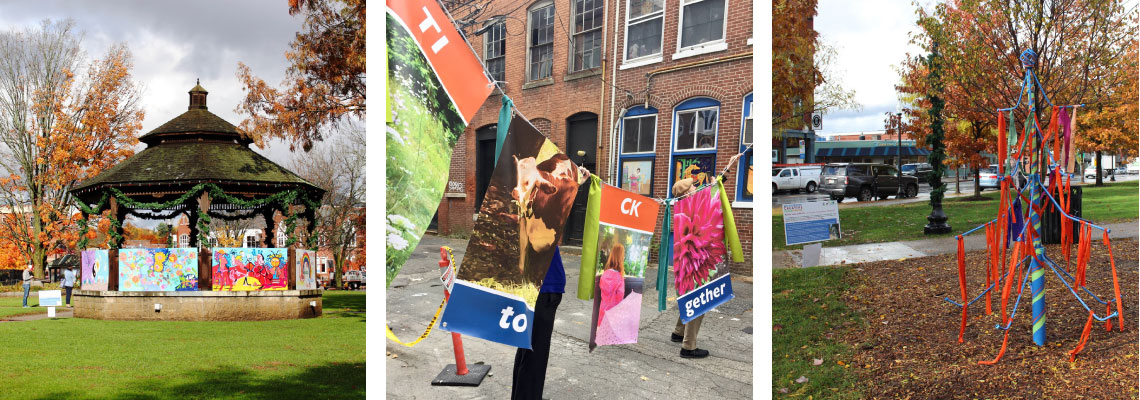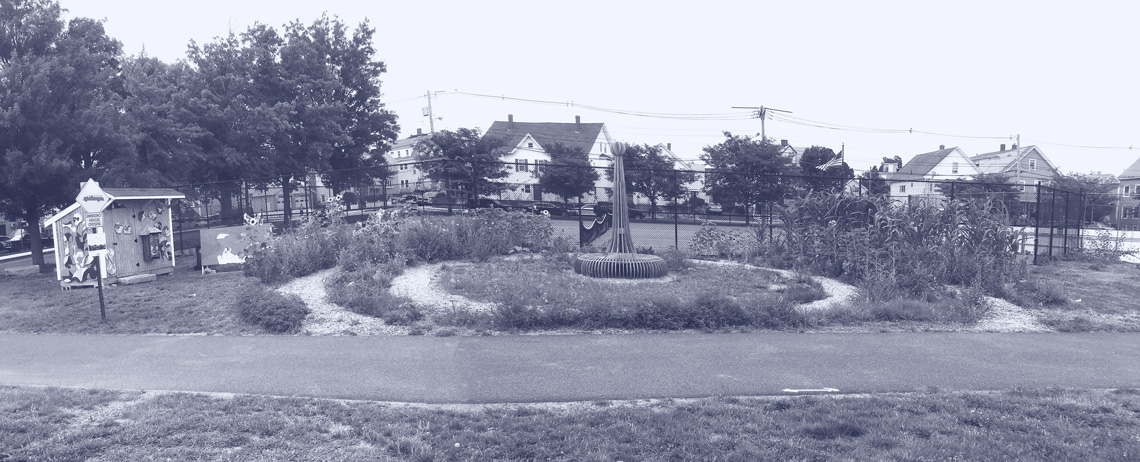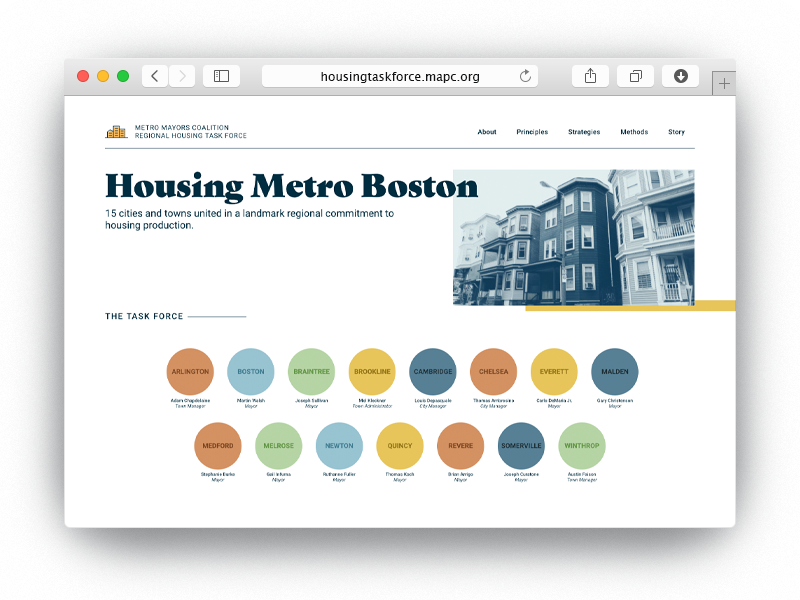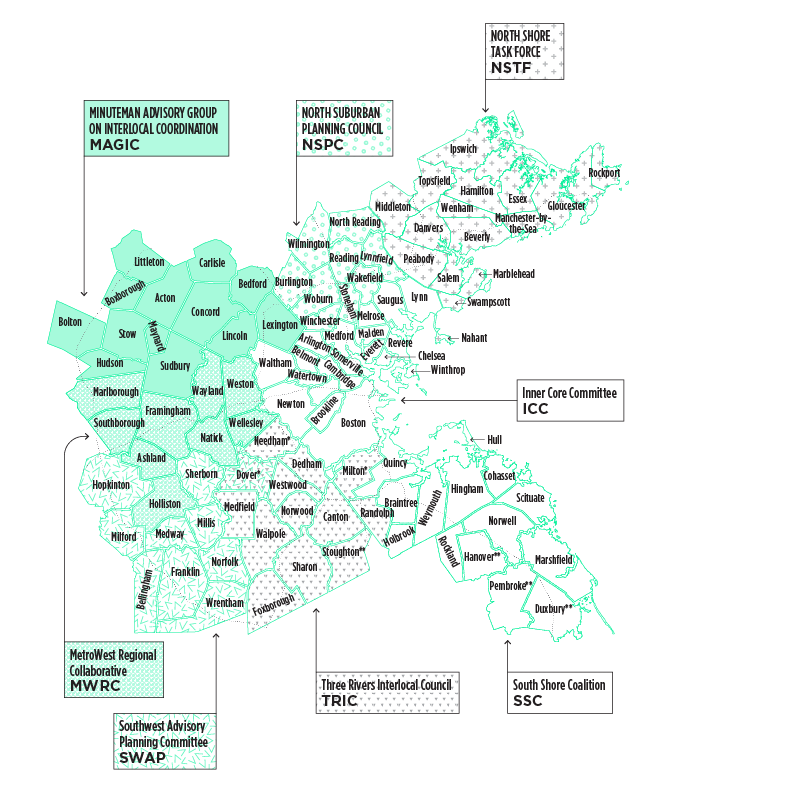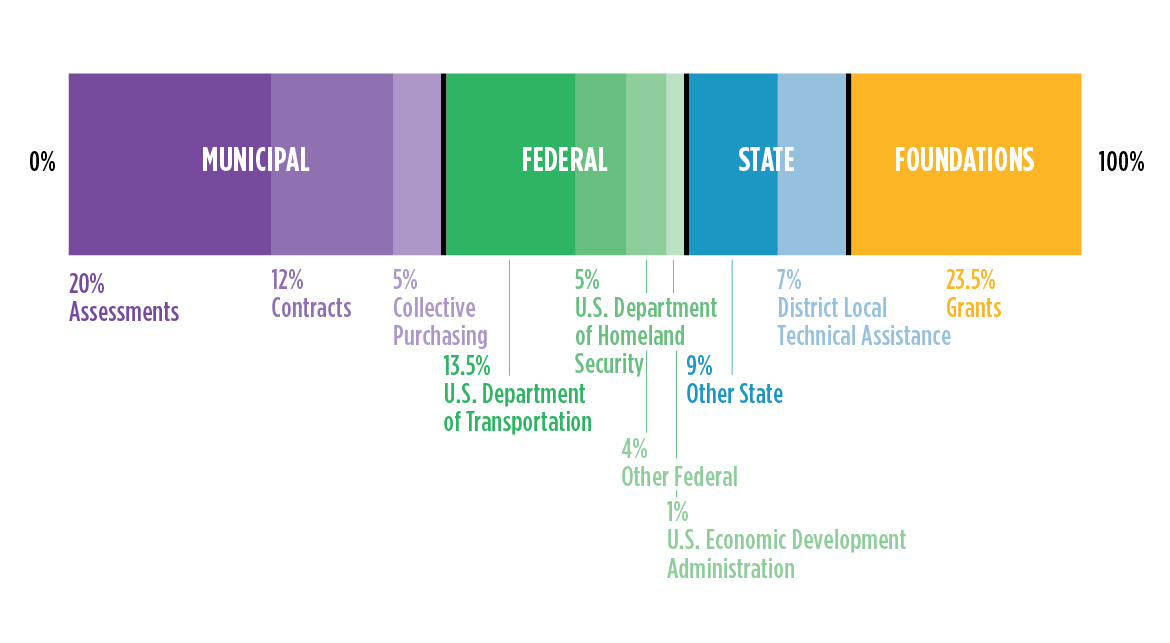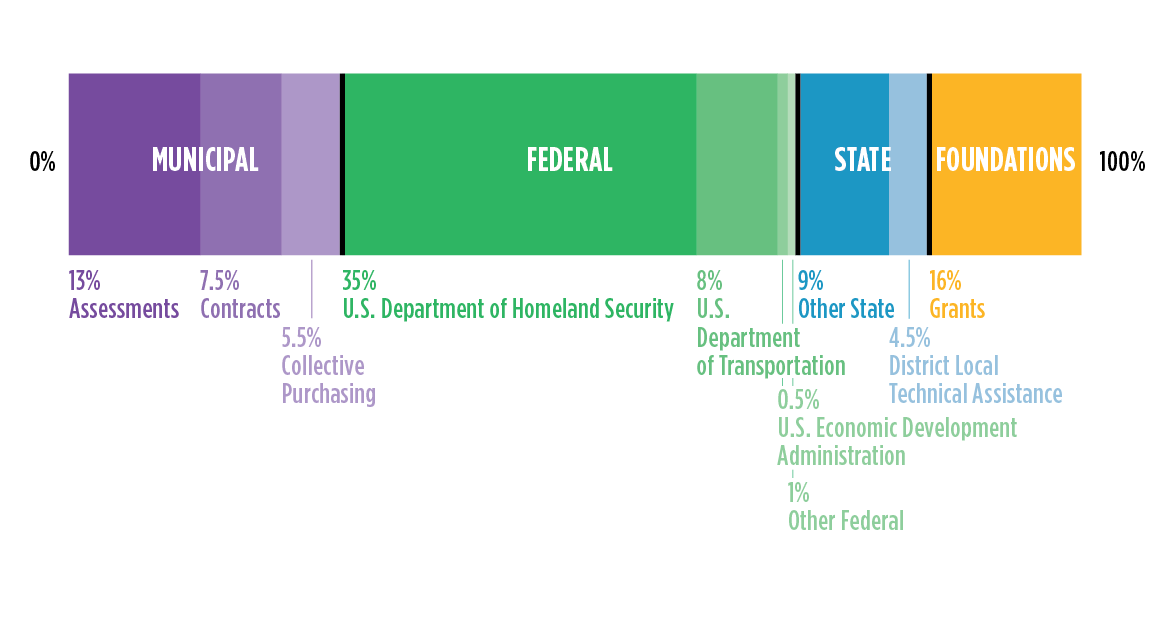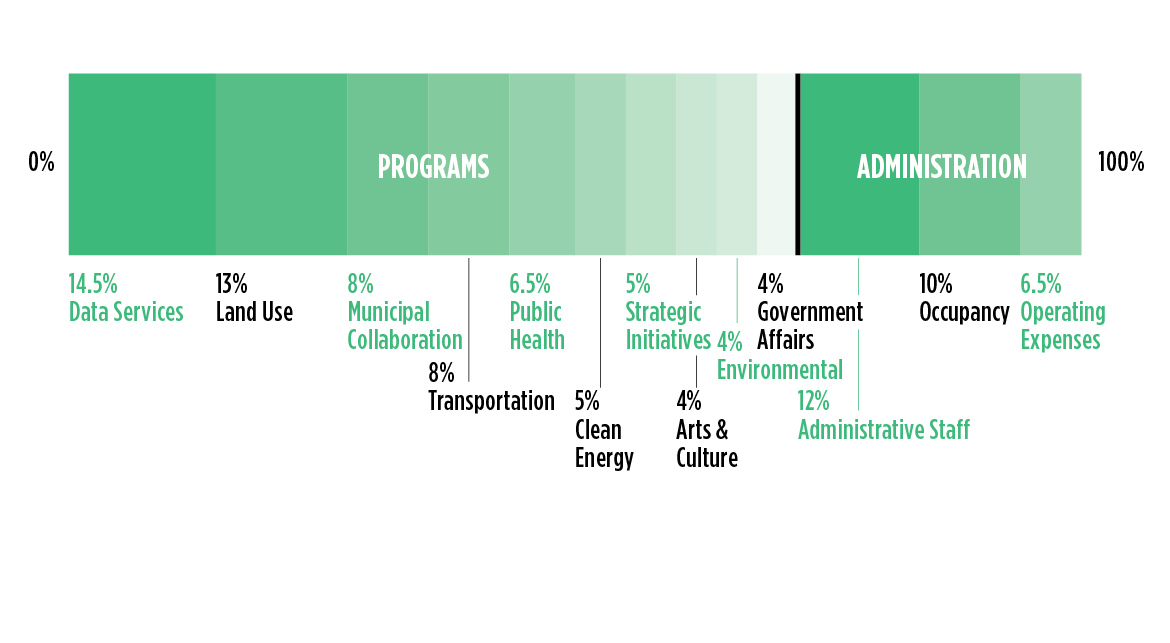HIGHLIGHTS OF OUR WORK
MAPC, the regional planning agency for Greater Boston, helps build equity, opportunity, and livable, vibrant places for more than 3.5 million residents living and working in 101 cities and towns across Eastern Massachusetts. Guided by our regional plan, MetroFuture, and in concert with our own strategic goals, we strive to be a nimble and innovative public agency that provides core planning support to our member communities while also staying abreast of new trends in housing, transportation, public health, safety, clean energy, preservation, economic development, creative placemaking and more.
MOBILITY
This year, we continued to build on our growing practice area around emerging technological innovation in transportation, while always providing core support services to our region around walkability, bike sharing and cycling infrastructure, trail planning, parking policy, complete streets, transportation demand management, regional transportation planning, sustainability, data, research, and more.
In June, MAPC, MassDOT, DCR and 14 mayors from our Metro Mayors Coalition hosted a special event in the Seaport to announce a regional agreement to facilitate and expand autonomous vehicle testing in Massachusetts. We were joined by Governor Charlie Baker and Transportation Secretary Stephanie Pollack for this first-in-the-nation regional approach to planning for self-driving cars. The MOU establishes a common course for companies looking to test their self-driving vehicles in Massachusetts. With a single application, companies will be able to work with multiple communities to test their technologies in a range of environments, neighborhoods, and road types. In order to be eligible, companies need to have a human driver inside the vehicle at all times, demonstrate that their vehicle has passed a Registry of Motor Vehicles inspection, and prove that the car can be operated “without undue risk to public safety.”
MAPC worked to help convene the many municipalities who signed onto the MOU, working with local staff, mayors, and city and town managers to help build a regional consensus on testing.
After the signing, the mayors and attendees enjoyed an exhibition of several models of autonomous vehicle currently being tested in the area. The event was just one piece of our multi-faceted approach to helping the region plan for the advent of AV technology in Greater Boston. To read more about this work, visit our blog.
